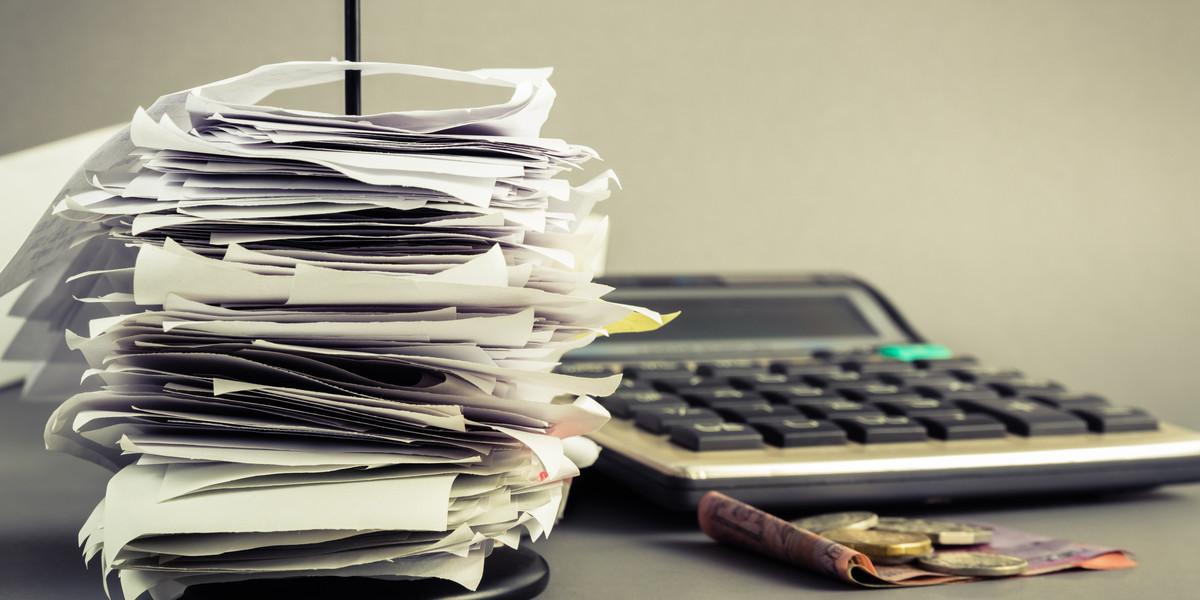The start of the new tax year on Thursday 6 April also symbolically heralds the end of the period which has become known as ‘ISA season’. This is the month-long period in which those offering savings accounts, along with the personal finance media, are quick to point out that what we haven’t put into our personal cash ISA allowance – which has risen to £20,000 for the 2017-18 tax year – is lost forever once the new tax year starts.
It’s something that’s always sat fairly uncomfortable with me. Yes, it’s worth the reminder that you may wish to double check what exactly you’ve put into your ISA over the course of the year, and whether or not you have any allowance left before the tax year is out. But in truth, not too many people manage to max out their ISA allowance anyway, given the steep acceleration in the allowance in recent years, and in any case, the notion of ‘ISA season’ comes at the wrong time of the year.
If anything – it should be ‘ISA season’ now – right at the start of the new tax year. Why? Because the more you invest now, the more time the investment has to grow. If you use up your £20,000 ISA allowance during April 2017 through a stocks and shares ISA, you could reasonably expect a 5% or so hike in its value by the end of this tax year, perhaps increasing its total value by £1,000 or so (before fees are applied). If you use up your £20,000 at the end of March 2018, in the heart of ‘ISA season’, that’s exactly what it’ll be worth at the end of the tax year, as there’ll have been no opportunity for the investment to gain in value.
It’s not a dissimilar process when it comes to completing your self-assessment tax return. Towards the end of January, the advice from the media and those with small businesses close to their hearts (including Informi) is to ensure you complete your tax return to avoid the automatic triggering of a £100 fine following the 31 January online deadline – with potentially heftier financial penalties to follow.
But in truth, why wait until then? If you file your receipts in the ‘old-school’ way – that is to say, paper versions in a bin liner, or just scattered them all over your home – the situation is already difficult, and will only get more muddled between now and January with new receipts coming through.











